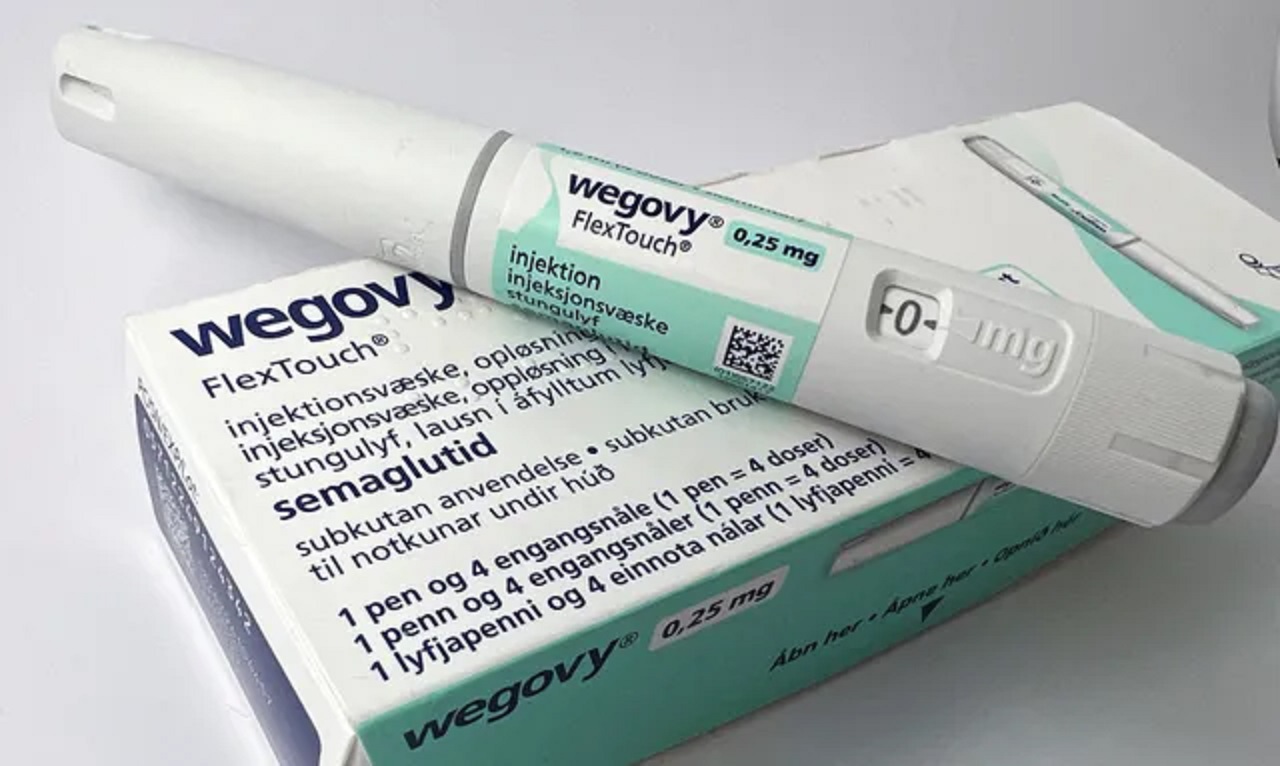
Medicare’s recent policy shift towards covering Wegovy represents a pivotal step in advancing access to innovative treatments for obesity and heart disease. By aligning with clinical evidence and addressing the needs of eligible beneficiaries, this initiative holds the potential to enhance patient outcomes and reduce the burden of cardiovascular complications. However, challenges such as affordability and supply constraints underscore the importance of continued collaboration and proactive solutions among stakeholders.
Medicare, the federal health insurance program for people aged 65 and older, can now potentially cover the cost of Wegovy, a popular weight-loss medication. This coverage extends to Medicare Part D beneficiaries with heart disease who require risk reduction for future cardiovascular events. Recent guidance from the Centers for Medicare & Medicaid Services (CMS) outlines the conditions under which Medicare Part D drug benefit plans, administered by private insurers, can include anti-obesity drugs like Wegovy, approved for additional therapeutic purposes.
Expanded Coverage for Wegovy
The CMS guidance marks a significant shift, potentially expanding access to Wegovy for a broader population. Wegovy, the brand name for semaglutide manufactured by Novo Nordisk, recently received approval from the U.S. Food and Drug Administration (FDA) for reducing the risk of cardiovascular events in individuals with existing heart disease who are overweight or obese.
Clinical Efficacy
Studies have demonstrated Wegovy’s efficacy in reducing the risk of heart attacks, strokes, and other cardiovascular complications by 20% compared to a placebo in eligible patients. This promising data has garnered attention from healthcare professionals, potentially reshaping the management of heart disease among overweight and obese individuals.
Implications for Patients
While the prospect of Medicare coverage for Wegovy brings hope to eligible patients, financial considerations remain paramount. Wegovy comes with a hefty price tag, exceeding $1,300 per month or $16,000 annually. Consequently, Medicare beneficiaries may encounter hurdles in accessing the drug, including out-of-pocket expenses, prior authorizations, and step therapy requirements.
Access Challenges
Despite the potential benefits, the availability of Wegovy remains constrained due to a persistent shortage that has persisted for over a year, as reported by the FDA. Novo Nordisk, the drug manufacturer, acknowledges the issue and is actively addressing production constraints to enhance drug availability.
Medicare Policy Considerations
Tricia Neuman, a Medicare policy specialist at KFF, underscores the cautious approach of Medicare Part D plans towards covering Wegovy due to its high cost. Adjusting premiums to accommodate the inclusion of expensive medications may pose challenges for insurers, influencing their decision-making process regarding coverage expansion.
Regulatory Constraints
While CMS’s guidance signals a progressive stance towards covering obesity medications for therapeutic purposes, it maintains restrictions on coverage for chronic weight management alone. This regulatory framework aligns with Medicare’s overarching objective of ensuring prudent allocation of resources while prioritizing interventions with demonstrated clinical benefit.
Industry Response and Advocacy Efforts
Private insurers, represented by America’s Health Insurance Plans (AHIP), are evaluating the implications of CMS’s guidance and the expanded indication for Wegovy. The pharmaceutical industry and obesity advocacy groups have long advocated for broader coverage of obesity medications, including legislative measures mandating Medicare reimbursement for such drugs.
Cost-Benefit Analysis
Central to the debate surrounding Medicare coverage for obesity drugs is the economic feasibility of offsetting medication expenses with potential savings from reduced healthcare utilization related to obesity and associated comorbidities, particularly cardiovascular disease.
In embracing expanded coverage for Wegovy, Medicare reaffirms its commitment to advancing the health and vitality of its beneficiaries. By recognizing the intersecting needs of individuals grappling with obesity and heart disease, Medicare empowers patients with access to transformative treatments that can mitigate cardiovascular risks and improve overall quality of life. As stakeholders navigate the challenges ahead, collaboration, innovation, and a shared commitment to patient-centered care will be instrumental in realizing the full potential of this landmark initiative.
